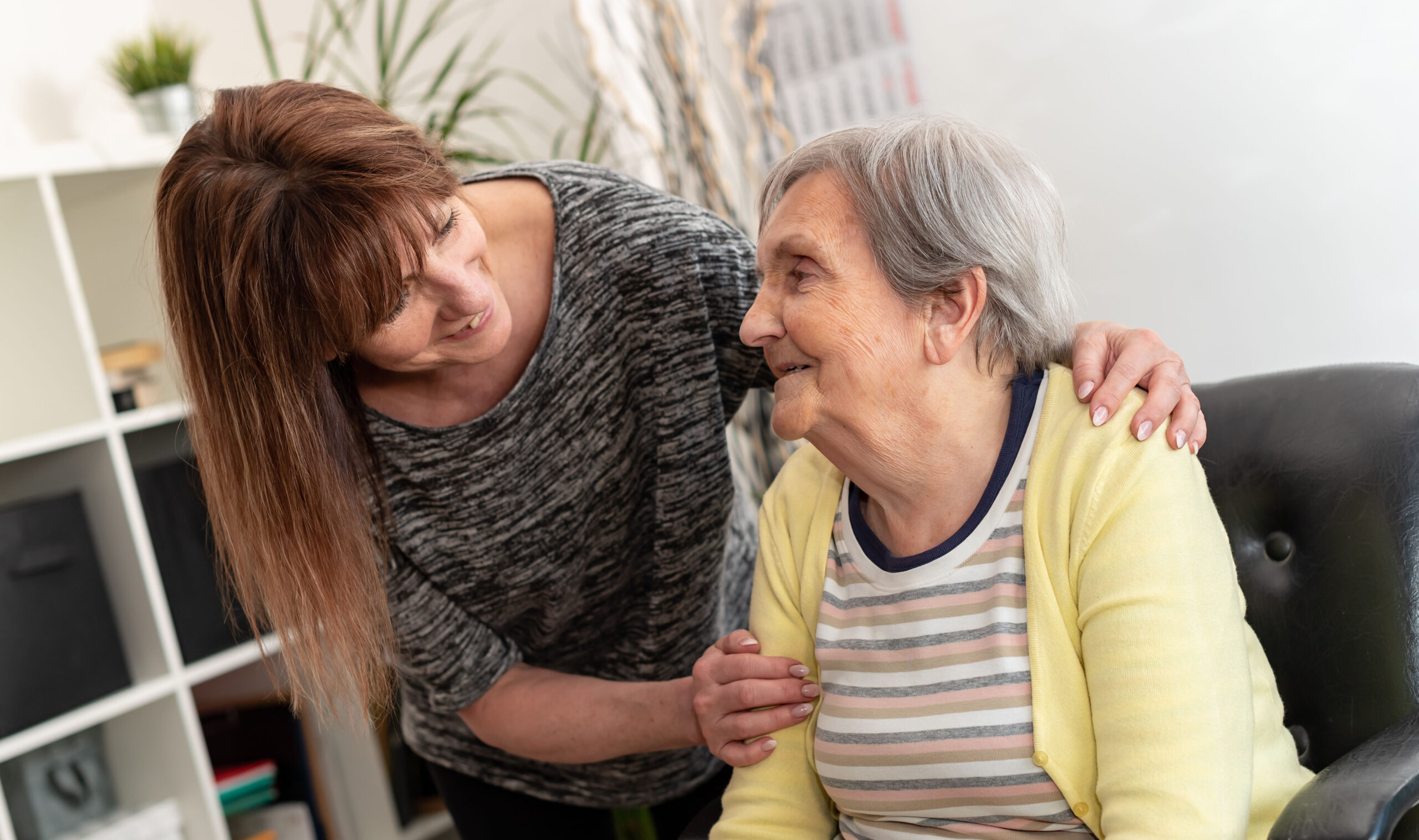How to handle grief and loss in families affected by dementia
Grief and loss in families affected by dementia are complex and ongoing experiences. Unlike typical grief, where loss is tied to death, dementia brings a unique kind of sorrow because the person you love gradually changes while still alive. This can feel like losing someone bit by bit over time.
The first step in handling this grief is **accepting your feelings**, whatever they may be—sadness, anger, confusion, or even relief at times. It’s important to acknowledge these emotions without judgment because they are natural responses to a difficult situation.
Families should prepare themselves for repeated waves of loss as dementia progresses. Each stage might bring new challenges and new aspects of the person’s personality fading away. This means grieving doesn’t happen once but can come back repeatedly.
Talking about your feelings helps immensely. Whether it’s with a trusted friend, another caregiver who understands what you’re going through, or a professional counselor, sharing your experience reduces isolation and helps process emotions.
Taking care of yourself is crucial too. Caregiving can be exhausting physically and emotionally; finding moments for rest and activities that bring joy or comfort replenishes your strength. Don’t hesitate to ask for help when needed—and accept it when offered—to avoid burnout.
Isolation often worsens grief, so spending time with family or friends keeps connections alive and provides emotional support during tough times.
Joining support groups—either locally or online—can connect you with others facing similar struggles who truly understand the unique pain dementia causes within families.
It’s also important not to worry if some people don’t understand this kind of grief since it involves mourning someone still living but changed profoundly by illness.
At certain points in the journey, recognizing when professional help is needed—for example through in-home care services or memory care facilities—can relieve stress on family members while ensuring quality care for the loved one affected by dementia.
Engaging with your loved one through simple activities like dancing, painting, gardening, cooking or singing can create meaningful moments together despite cognitive decline. These shared experiences focus on what remains possible rather than what has been lost.
Establishing routines such as calming bedtime rituals helps reduce confusion and agitation common in later stages of dementia while maintaining some structure benefits everyone involved.
Keeping practical tools like calendars visible supports memory reminders around daily tasks and appointments which eases caregiving demands somewhat but also respects the dignity of those affected by allowing them participation where possible.
Finally—and importantly—it’s okay to set healthy boundaries around caregiving duties so that emotional overwhelm doesn’t take over completely; stepping back briefly isn’t selfish but necessary self-care that sustains long-term resilience during this difficult journey.
Handling grief related to dementia means embracing an ongoing process filled with many small losses alongside moments of connection — all requiring patience both toward yourself and those you love deeply altered by this disease.





